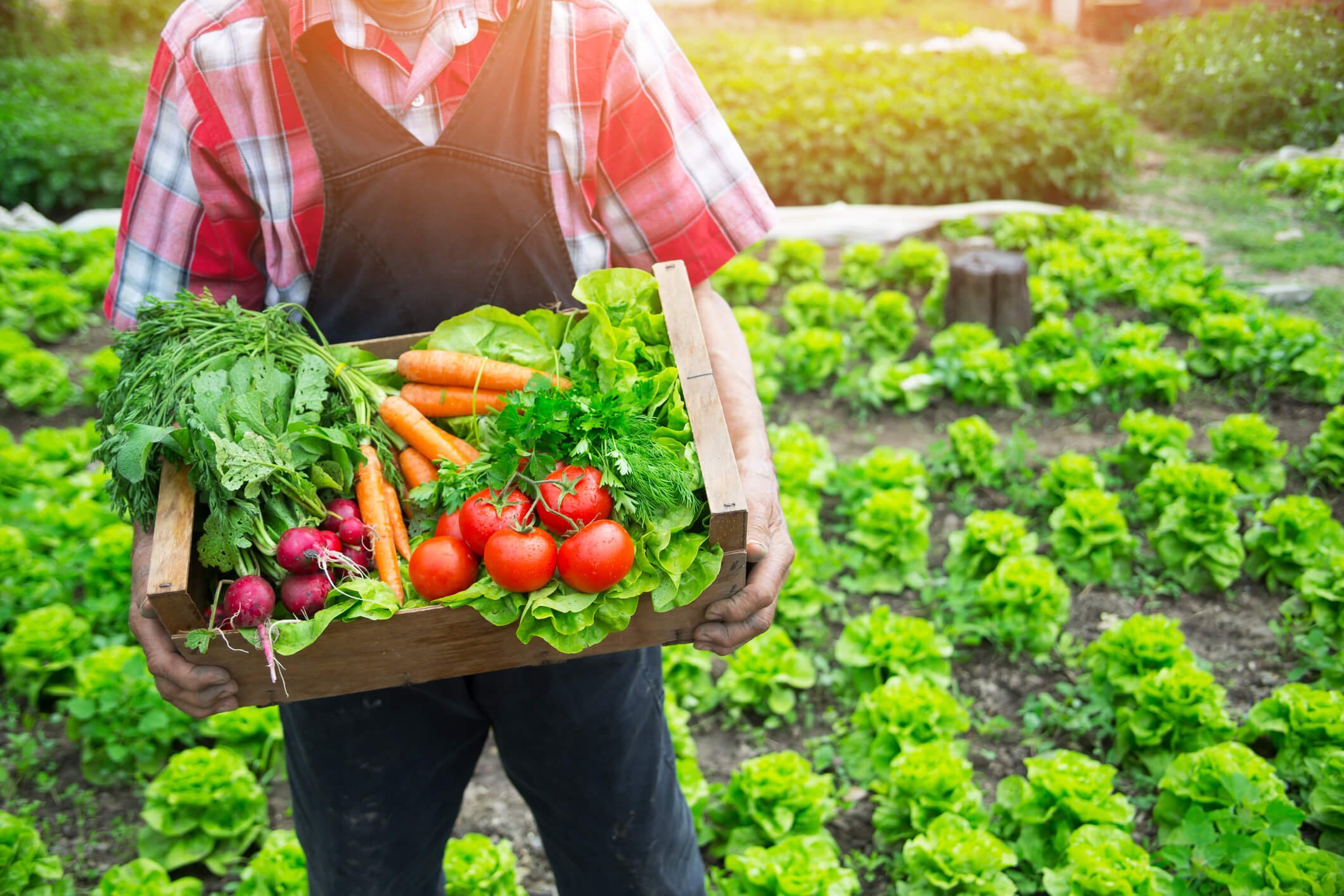Organic food has become increasingly popular in recent years as consumers become more health-conscious and environmentally aware. But what exactly is organic food, and what makes it different from conventionally grown food? In this article, we'll explore the basics of organic farming and why choosing organic food can benefit both our bodies and the planet.
What is Organic Food?
Organic food refers to food that is grown or raised without the use of synthetic pesticides, herbicides, fertilizers, genetically modified organisms (GMOs) https://www.healthandpersonalcare-products.com/, or irradiation. Instead, organic farmers use natural methods to control pests and diseases, improve soil fertility, and promote plant and animal health. For example, they may use crop rotation, composting, cover cropping, and beneficial insects to maintain healthy soil and prevent pests.
In addition to these farming practices, organic food must meet specific standards set by certifying agencies such as the United States Department of Agriculture (USDA) or the European Union. These standards vary by country, but generally require that organic food be produced without the use of synthetic chemicals and meet certain animal welfare standards.
Why Choose Organic Food?
There are several reasons why consumers may choose organic food over conventionally grown food. One of the primary reasons is health. Organic food is often perceived as being healthier because it is free from synthetic chemicals, which may be harmful to human health. While research on the health benefits of organic food is mixed, some studies have suggested that organic food may contain higher levels of certain nutrients and antioxidants than conventionally grown food.
Another reason to choose organic food is environmental sustainability. Organic farming methods are designed to minimize the environmental impact of food production by reducing soil erosion, conserving water, and promoting biodiversity. Organic farming also reduces the use of fossil fuels by eliminating the need for synthetic fertilizers and pesticides.
Finally, choosing organic food can support small-scale farmers and promote local economies. Organic farming tends to be more labor-intensive than conventional farming, which means that it can provide more jobs for people in rural areas. In addition, buying organic food from local farmers can help support the local economy and reduce transportation emissions.
Tips for Buying Organic Food
If you're interested in buying organic food, there are a few things to keep in mind. First, look for the USDA Organic or equivalent certification on the label. This will ensure that the food has been produced according to organic standards https://findoutcbd.com/. Second, keep in mind that organic food may be more expensive than conventionally grown food. This is because organic farming is often more labor-intensive and requires more time and resources. However, some studies have suggested that the long-term benefits of choosing organic food may outweigh the higher costs.
Finally, consider buying organic food from local farmers' markets or community-supported agriculture (CSA) programs. This can help support small-scale farmers in your community and reduce the environmental impact of transportation.
Conclusion
Organic food is a growing trend in the food industry, and for good reason. Choosing organic food can benefit both our health and the environment by reducing exposure to synthetic chemicals and promoting sustainable farming practices. While organic food may be more expensive than conventionally grown food, the long-term benefits may outweigh the costs. So next time you're shopping for groceries, consider choosing organic food and supporting small-scale farmers in your community.

No comments:
Post a Comment